April Tragedy (2024)
• April 3rd, 2024 • 1h 34min
Documentary
Overview
The oral writer of the April 3 Uprising and a Rwandan who came to Korea to study face each other, have a conversation, and then go on a trip hand in hand. The two people, from different generations, nationalities, and occupations, have something in common: they are the daughters of massacre survivors.
Make sure to check your pop-up blocker!!
Trailer
Similar Movies
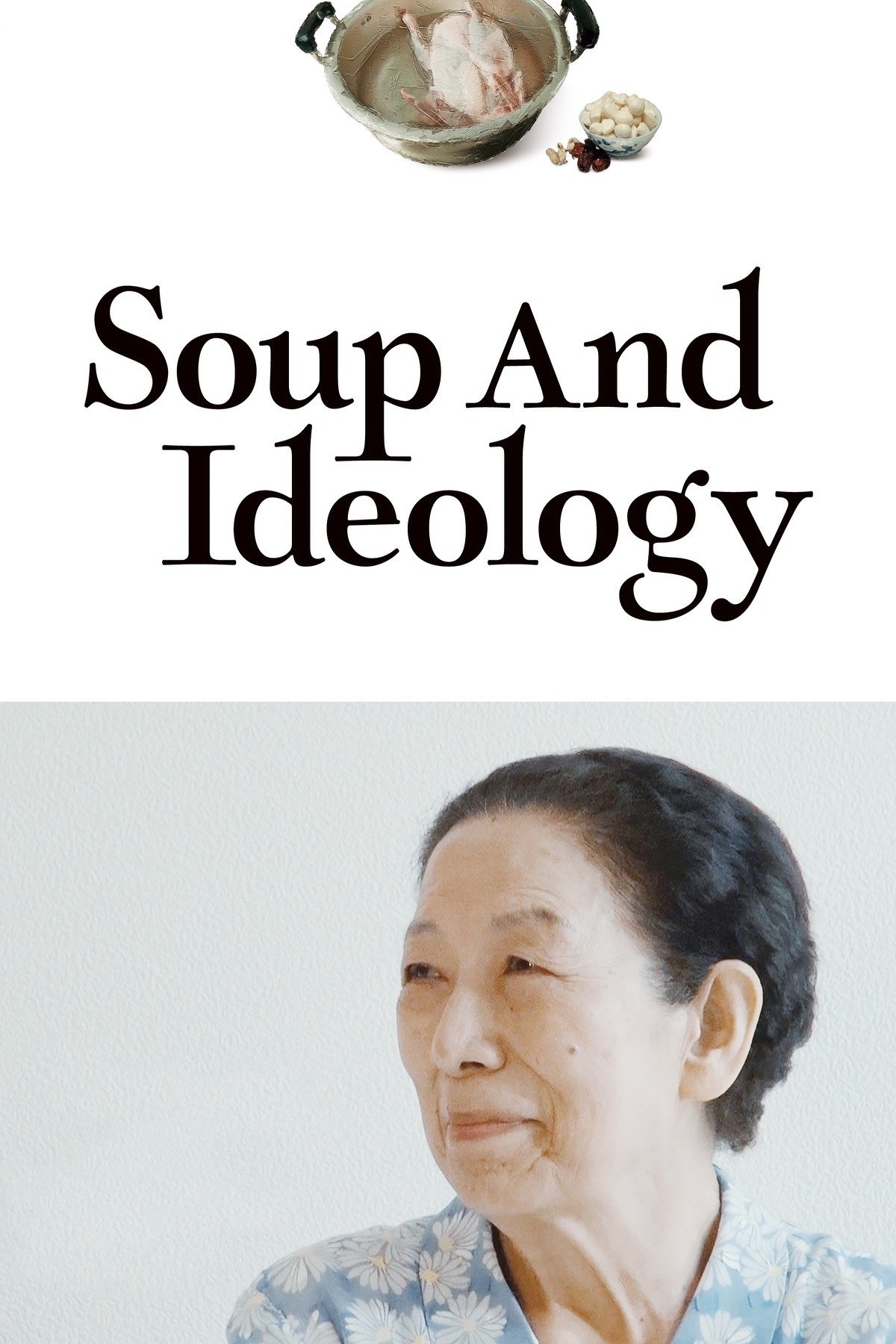
Soup and Ideology
Released on: 2022-06-11
Documentary
Confronting half of her mother’s life—her mother who had survived the Jeju April 3 Incident—the dire...

A Republic Gone Mad: Rwanda 1894-1994
Released on: 1995-01-01
Documentary
A history of racialism in Rwanda, from the European colonization to the 1994 genocide.
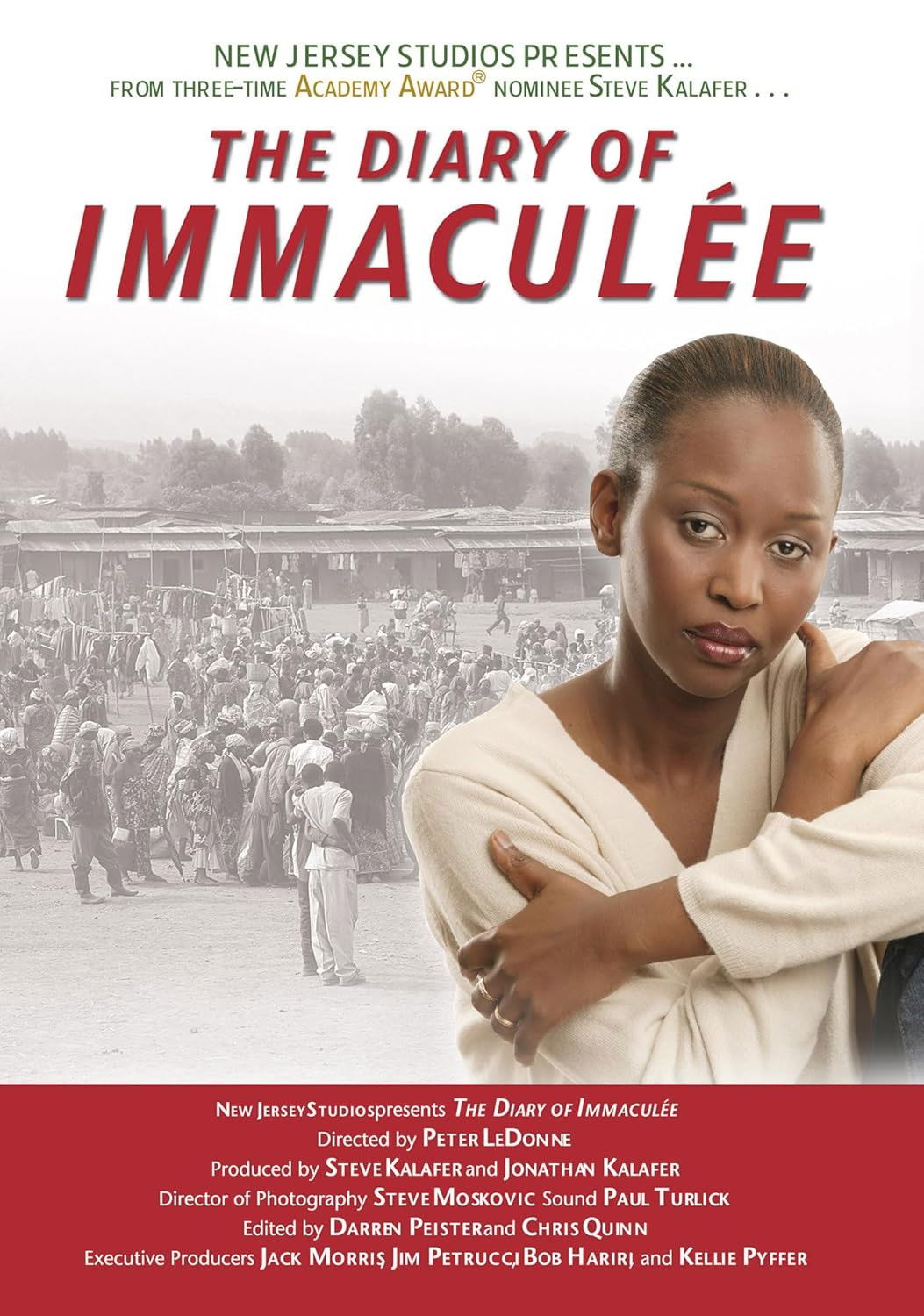
The Diary of Immaculée
Released on: 2006-06-01
Documentary
Peter LeDonne and Steve Kalafer chronicle the extraordinary life of Immaculée Ilibagiza, a young Afr...
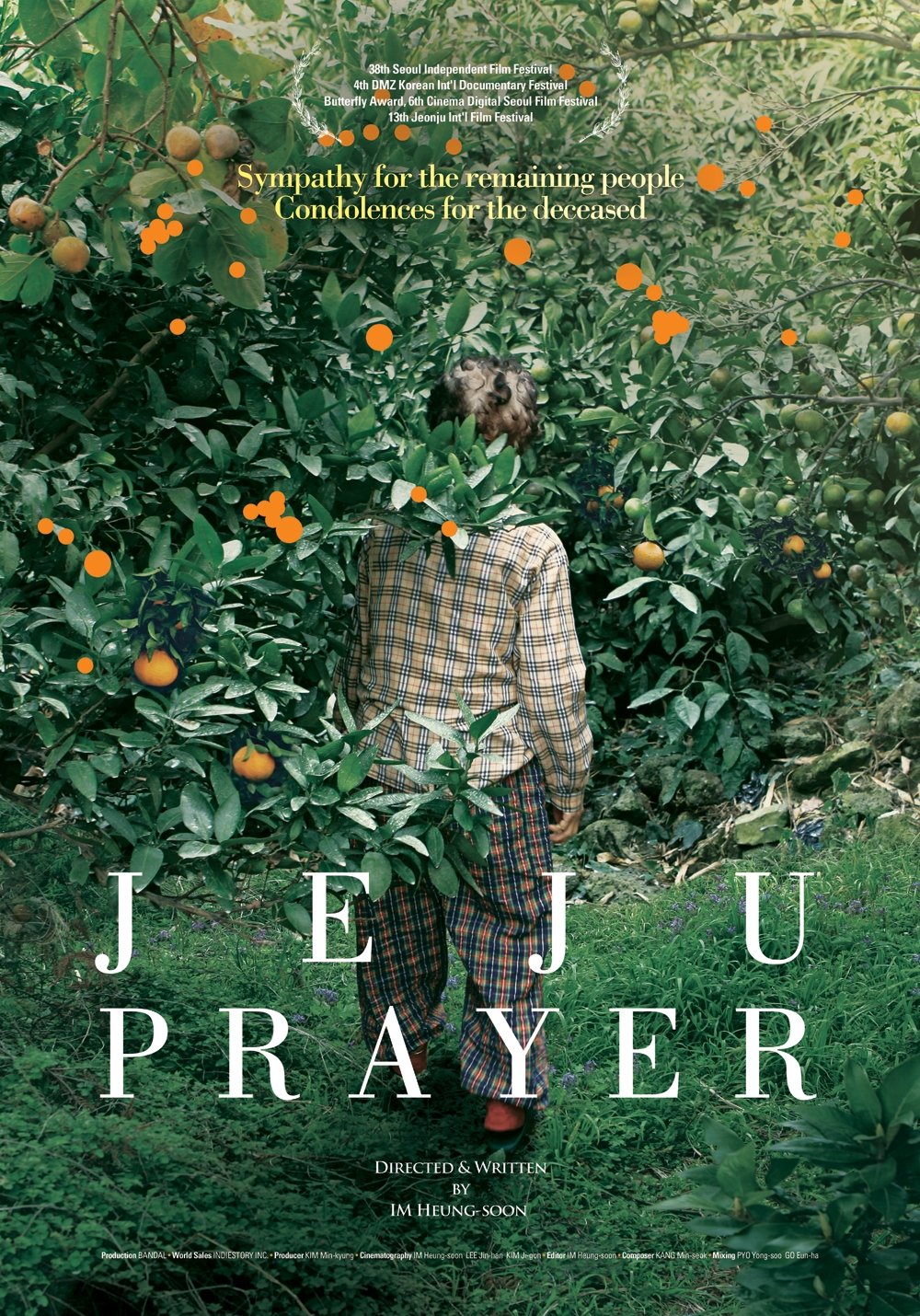
Jeju Prayer
Released on: 2013-04-03
Documentary
Focusing on Mrs. Kang Sang-hee’s life, she lost her husband in the Jeju Uprising (March 3rd, 1948). ...
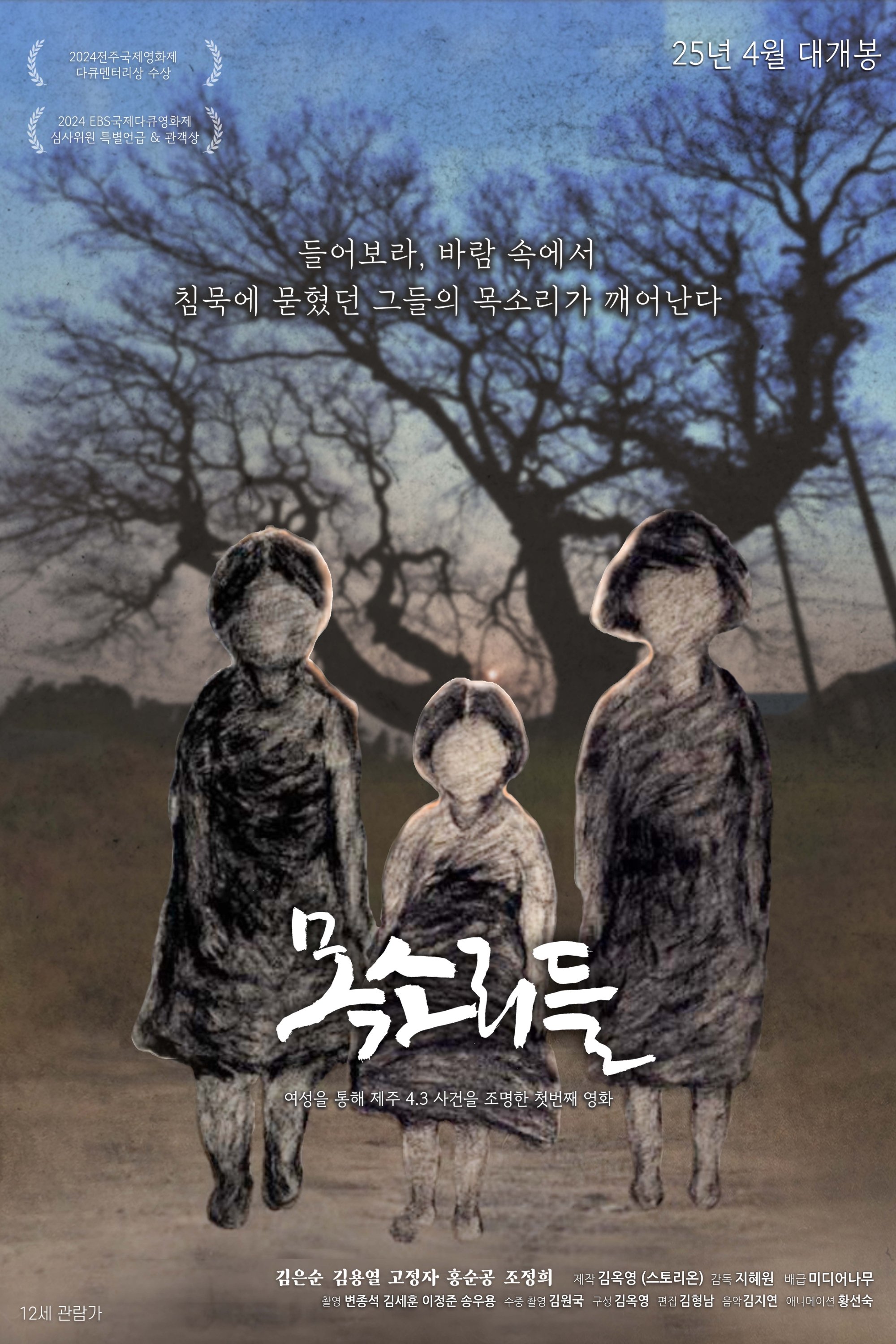
Voices
Released on: 2025-04-02
Documentary
In the turmoil of the Jeju 4.3 incident, Jeju Island witnessed the loss of an estimated 25,000 to 30...
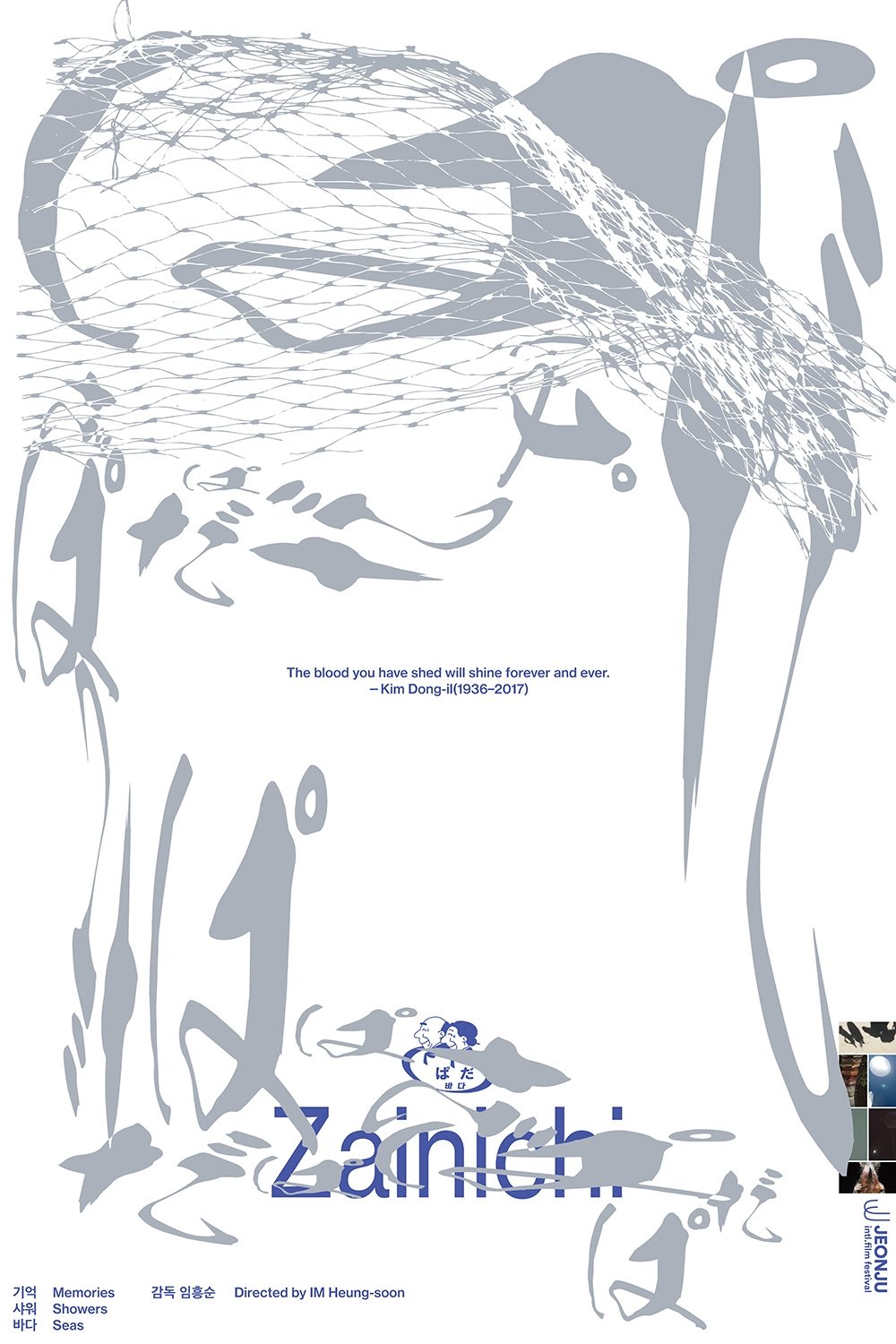
Memories Showers Seas
Released on: 2025-05-02
Documentary
The late Kim Dong-il, a Jeju April 3 refugee in Japan, left behind over 2,000 crocheted items and pi...

May•JEJU•Day
Released on: 2021-09-08
Animation, Documentary
Immediately after liberation, an incident called 'Jeju Uprising' took place on Jeju Island, the Hawa...

Coexist
Released on:
Documentary, History, War
Coexist tells the emotional stories of women who survived the Rwandan genocide in 1994. They continu...
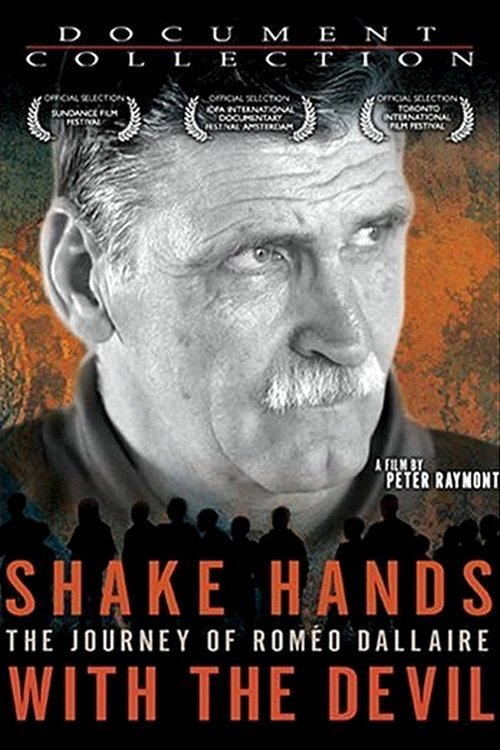
Shake Hands with the Devil: The Journey of Roméo Dallaire
Released on: 2005-05-13
Documentary
The story of Canadian Lt. Gen. Roméo Dallaire and his controversial command of the United Nations mi...
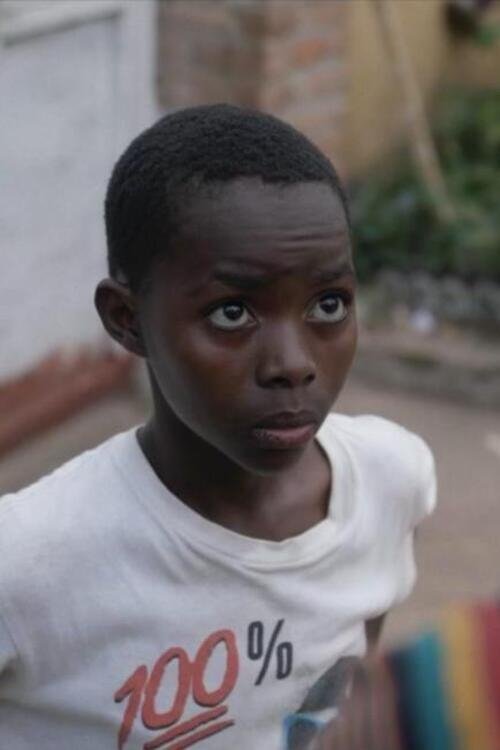
In the Shade of the Hills
Released on: 2024-06-13
Documentary
Amani is 31. When he was an infant, he survived the genocide against Rwanda’s Tutsi population. Thre...
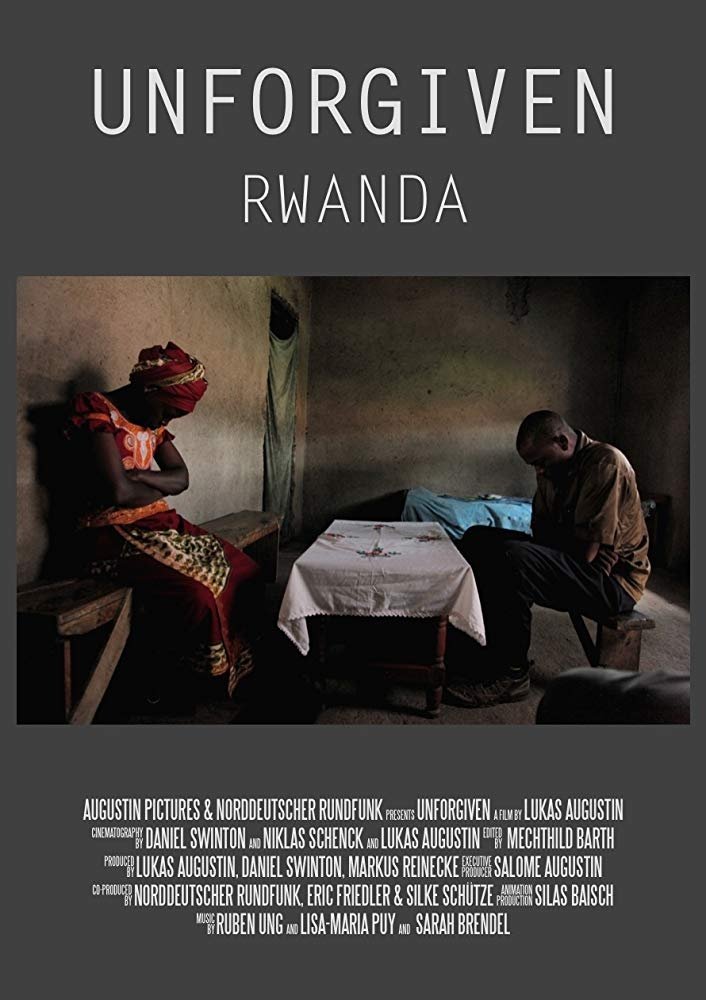
Unforgiven: Rwanda
Released on:
Documentary
What is a socially acceptable conversation when your family's killer sits down to dinner? 'Unforgive...
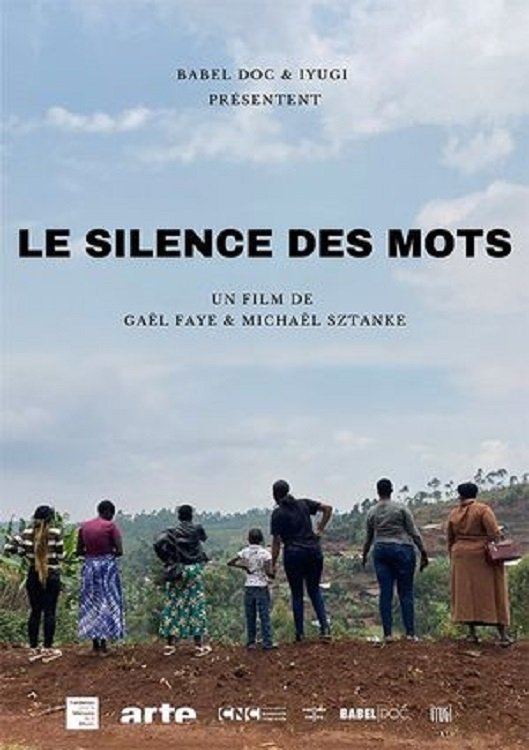
Rwanda : the silence of words
Released on: 2022-04-23
Documentary
Their words had never been heard before. Co-directed by French-Rwandan musician and author Gaël Faye...
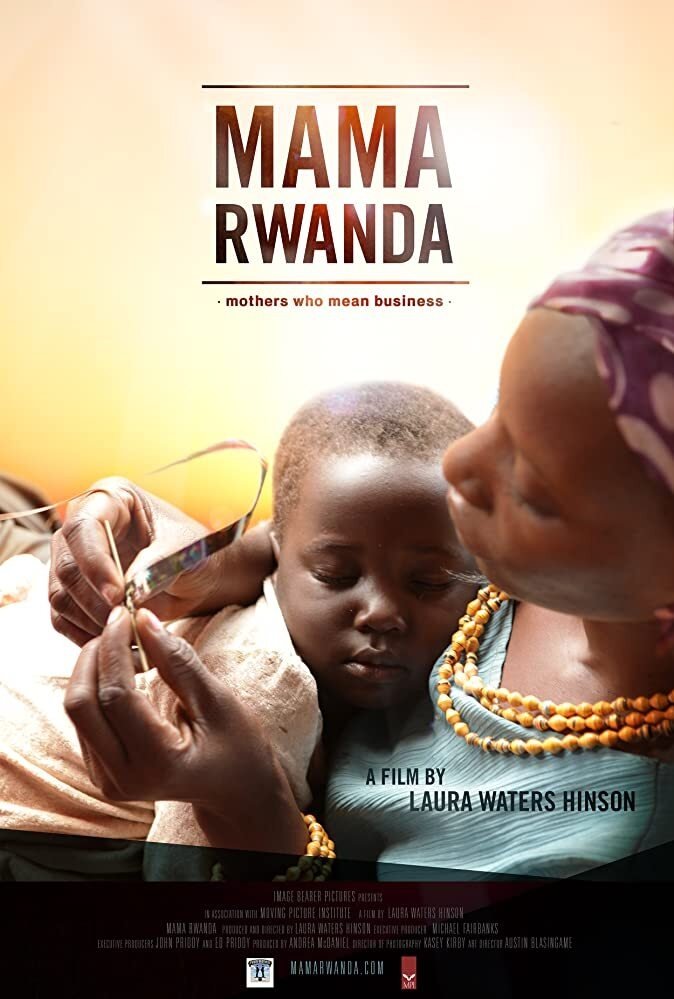
Mama Rwanda
Released on: 2016-01-01
Documentary
MAMA RWANDA is the story of two women mixing the wit of motherhood with the spirit of entrepreneursh...

Rwanda: History of a Genocide
Released on: 2004-11-27
Documentary
French documentary about genocide in Rwanda
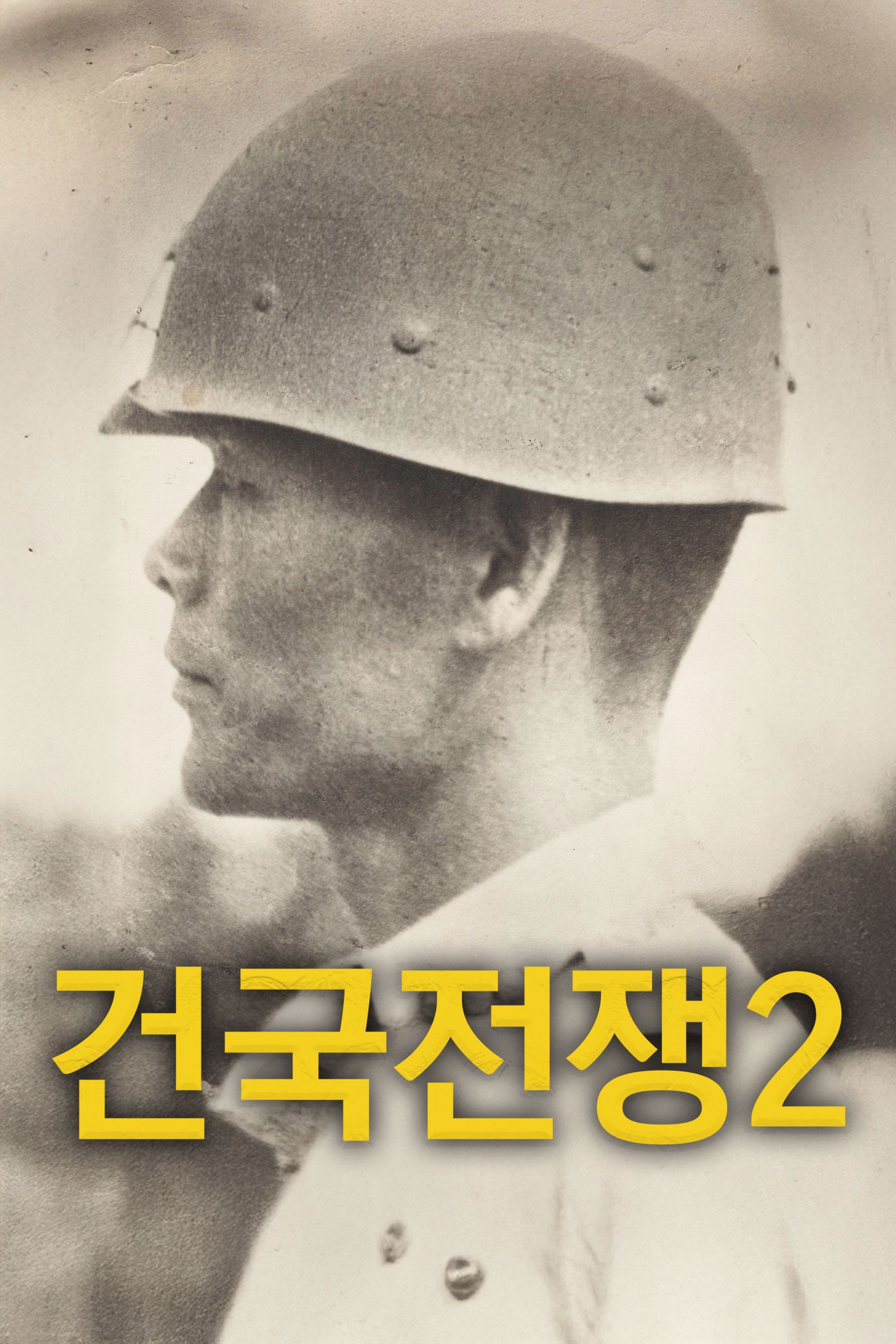
The Birth of Korea 2: Freedom Fighter
Released on: 2025-09-10
Documentary, History
How did South Korea, after liberation in 1945 defend liberal democracy against leftist and communist...
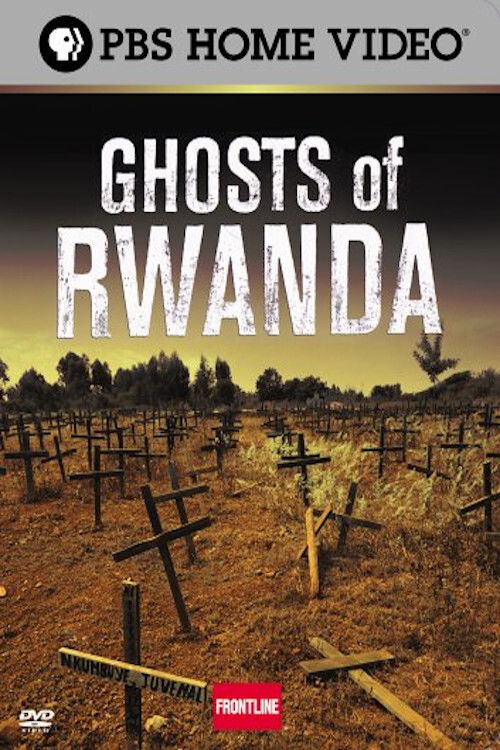
Ghosts of Rwanda
Released on: 2004-04-01
History, Documentary
Ghosts of Rwanda marks the 10th anniversary of the Rwandan genocide with a documentary chronicling o...

Men in Pink
Released on: 1999-01-01
Documentary
The aftermath of the Rwandan genocide: A student theatre troupe tours Rwanda with a comedy about the...

15
Released on:
Documentary, Animation
Ibuka follows Valentine and Jean-Claude, a new couple, at the very beginning of the civil war and th...